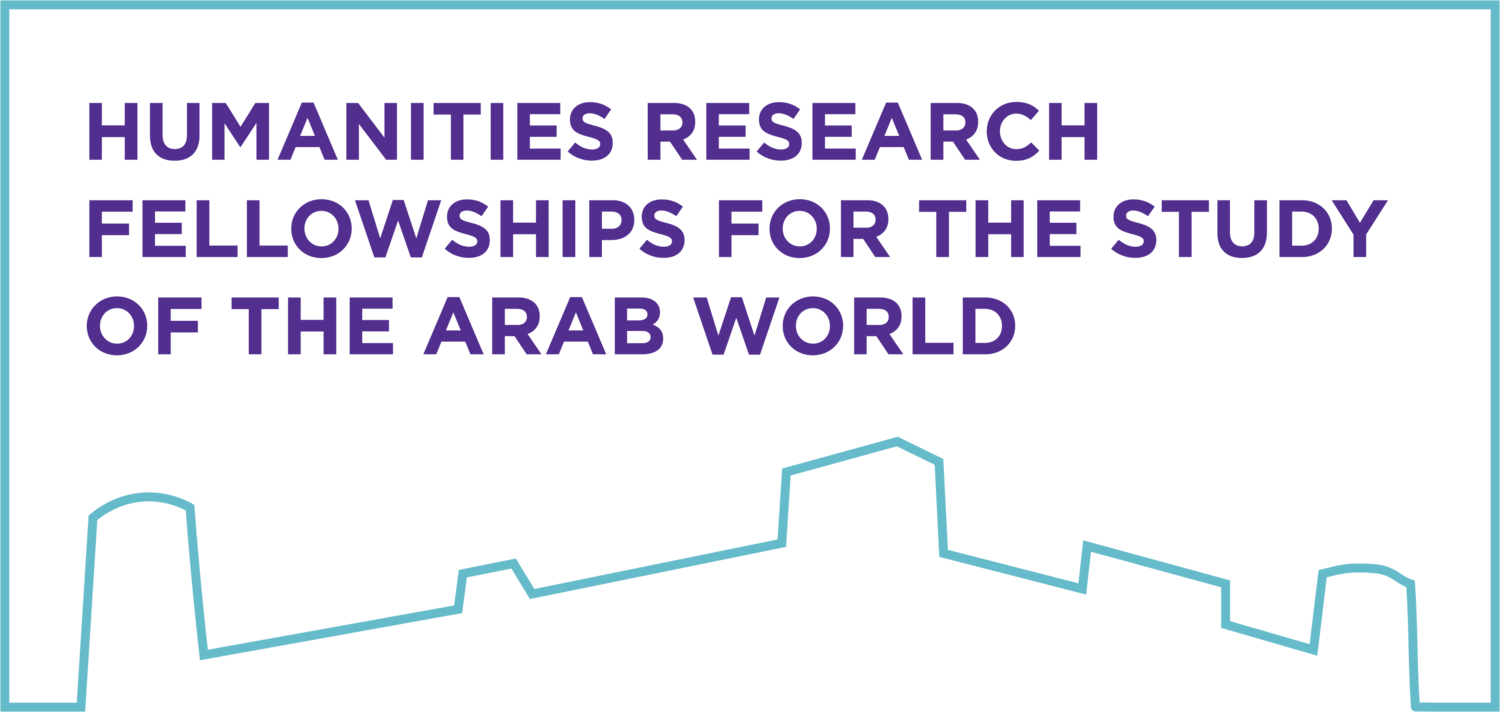Part of Recognizing Religion(s): The Cultural Dynamics of Religious Encounters and Interactions in Historical Perspective
Siiri Toiviainen Rø uses the work of Eusebius of Caesarea to argue that charges in early Christian apologetics can be fruitfully read through the lens of anti-Epicurean rhetoric, which she approaches as a polemical strategy that extends beyond attacks on actual Epicureans indicating ethnic othering. Taneli Kukkonen explores the underpinnings of al-Ghazālī's project. He highlights how Al-Ghazālī's (d. 505/1111) Niche of Lights functions as a naturalistic explanation for how a love of false gods can be practically sustained and even nourished over a long period of time. Kukkonen argues that Al-Ghazālī provides a heuristic for people to navigate their own belief systems.
Speakers
Taneli Kukkonen, Professor of Philosophy, NYUAD
Siiri Toiviainen Rø, Postdoctoral Researcher, University of Helsinki
Moderated by
Christopher Ocker, Director of Medieval and Early Modern Studies, Australian Catholic University
In collaboration with the Institute for Religion and Critical Inquiry at Australian Catholic University, the ERC-project European Qur'an: Islamic Scripture in European Culture and Religion at the University of Copenhagen (EuQu), NYUAD Institute
